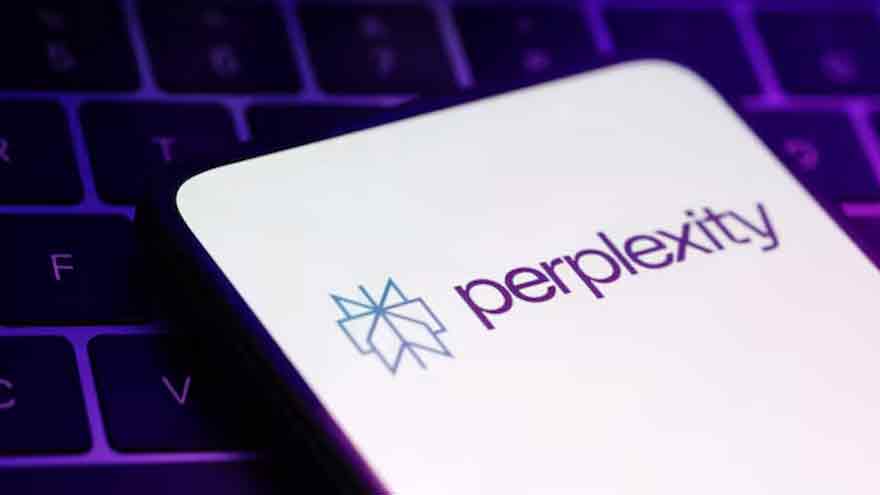Perplexity AI, the ambitious AI startup backed by Nvidia, is actively negotiating with major smartphone manufacturers to have its new browser, Comet, pre-installed on mobile devices. CEO Aravind Srinivas sees the move as a way to dramatically increase user adoption by leveraging the advantage of default, pre-installed browser apps—a key factor in user retention across mobile platforms. Google Chrome, for example, currently enjoys a commanding lead as the default browser on the majority of the world’s smartphones.
Srinivas acknowledged that persuading device makers to break away from Chrome and adopt Comet as a default browser is a significant challenge. User inertia and long-standing OEM agreements make this a tough sell, but the potential payoff is enormous. Comet, now in beta and available on desktops, offers deeply integrated AI features such as answering questions about emails or calendars, summarizing web pages, and even automating scheduling tasks.
Perplexity’s strategy aligns with a growing industry trend: the evolution of browsers into agentic AI platforms that can make autonomous decisions and handle complex, multi-step tasks for users. Industry competitors like OpenAI are also developing similar technology, reflecting a wider shift toward more intelligent, task-oriented browsing experiences.
Alongside its technology push, Perplexity recently completed a $500 million funding round, boosting its valuation as high as $14-18 billion. High-profile investors—including Nvidia, Accel, Jeff Bezos, and Eric Schmidt—have backed the company. Talks are ongoing with tech giants Samsung and Apple about integrating Perplexity’s AI into devices and virtual assistants, potentially challenging the established dominance of Chrome, Safari, and Samsung’s own browsers, which together account for over 90% of the mobile browser market.














